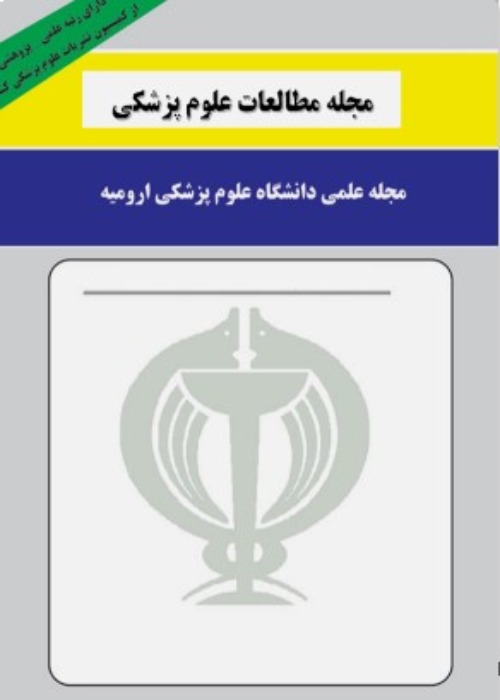The Effect of Rewarming on the Injury Outcome, Vital Sign and Arterial Blood Gases in Trauma Patients: a Randomized Controlled Trial
Trauma is a major challenge for public health. The prevalence of hypothermia in trauma patients is high and rapid recognition is important to prevent further harmful outcomes. The purpose of this study was to determine the effect of rewarming on injury outcome, injury severity, and arterial blood gases of trauma patients.
In this randomized clinical trial, the total sample size consisted of 96 patients with trauma referred to the emergency department of Ayatollah Mousavi Hospital in Zanjan (n= 50 in control group and n= 46 in intervention group). After approval of the study and approval of the Ethics Committee (code: ZUMS.REC.1396.163), patients were randomly divided into intervention and control groups (received routine care) after applying entry and exit criteria. The intervention is in the form of the temperature-control package that includes several rewarming strategies as full coverage of the trauma patient with a hat, blanket and warmed intravenous fluids (between 38 and 41 ° C). The primary outcome measure included demographic and clinical characteristics, vital signs, and arterial blood gas and the change from the baseline at the end of the procedure. These parameters were recorded every 15 minutes for the first hour, then 6 hours later until the patient was transferred from the emergency department. The outcome (survived, dead) after rewarming in trauma patients was determined.
Data analysis showed that the mean temperature of the intervention and control group before intervention was 36/04 ± 0/26 and 36/04 ± 0/31, respectively, which was not statistically significant (p =0/250).The mean of the mean temperature of the intervention and control group six hours after the intervention was 36/83 ± 0/26 and 36/53 ±0/26, respectively, which was statistically significant (p <0/001). Considering the measurement of physiological parameters (HR, SBP, and RR) at intervals determined by repeated measures methods, the results were statistically significant and the trend in the intervention group showed a better result. The severity of anatomical injury (ISS) in the intervention group was lower than the control group (p =0/040). Two groups of intervention and control in terms of parameters of arterial blood gases (pH, PaCo2 and BE) before intervention (p =0/097) compared to intervention after 6 hours (p =0/093) and 12 hours (p =0/421) were different. There were no statistically significant differences between the two groups, but before the intervention, significant differences were observed between PaO2 and SaO2 (p =0/005).
The two modes of temperature protection equally maintained body temperature in trauma patients during uncomplicated hospitalization. The evidence from our study suggests that rewarming can be effective in creating balance in some arterial blood gases and physiological parameters in the trauma patient. However, this issue should be separately investigated in further studies.
Hypothermia , Rewarming , Trauma , Mortality
- حق عضویت دریافتی صرف حمایت از نشریات عضو و نگهداری، تکمیل و توسعه مگیران میشود.
- پرداخت حق اشتراک و دانلود مقالات اجازه بازنشر آن در سایر رسانههای چاپی و دیجیتال را به کاربر نمیدهد.


